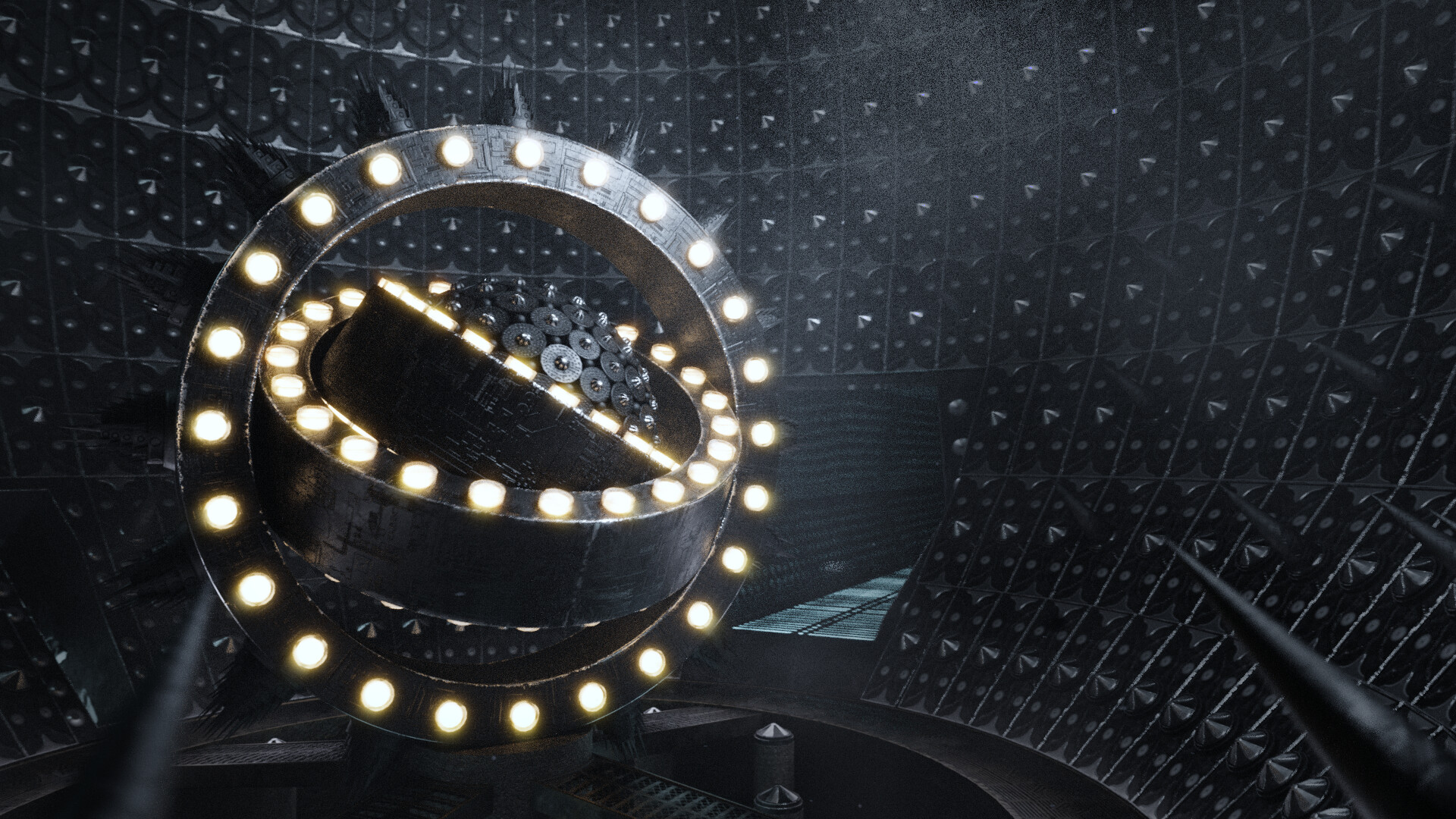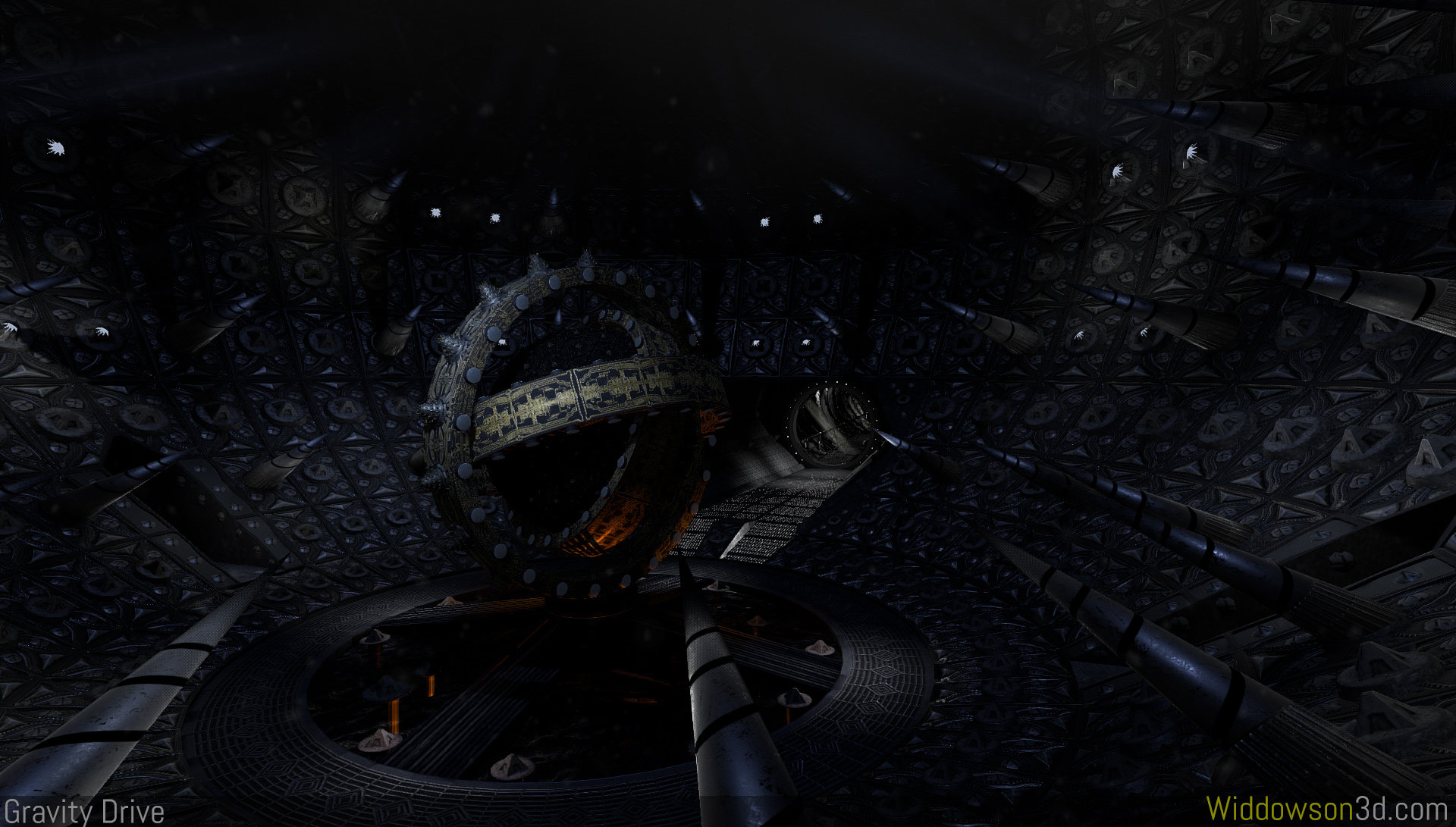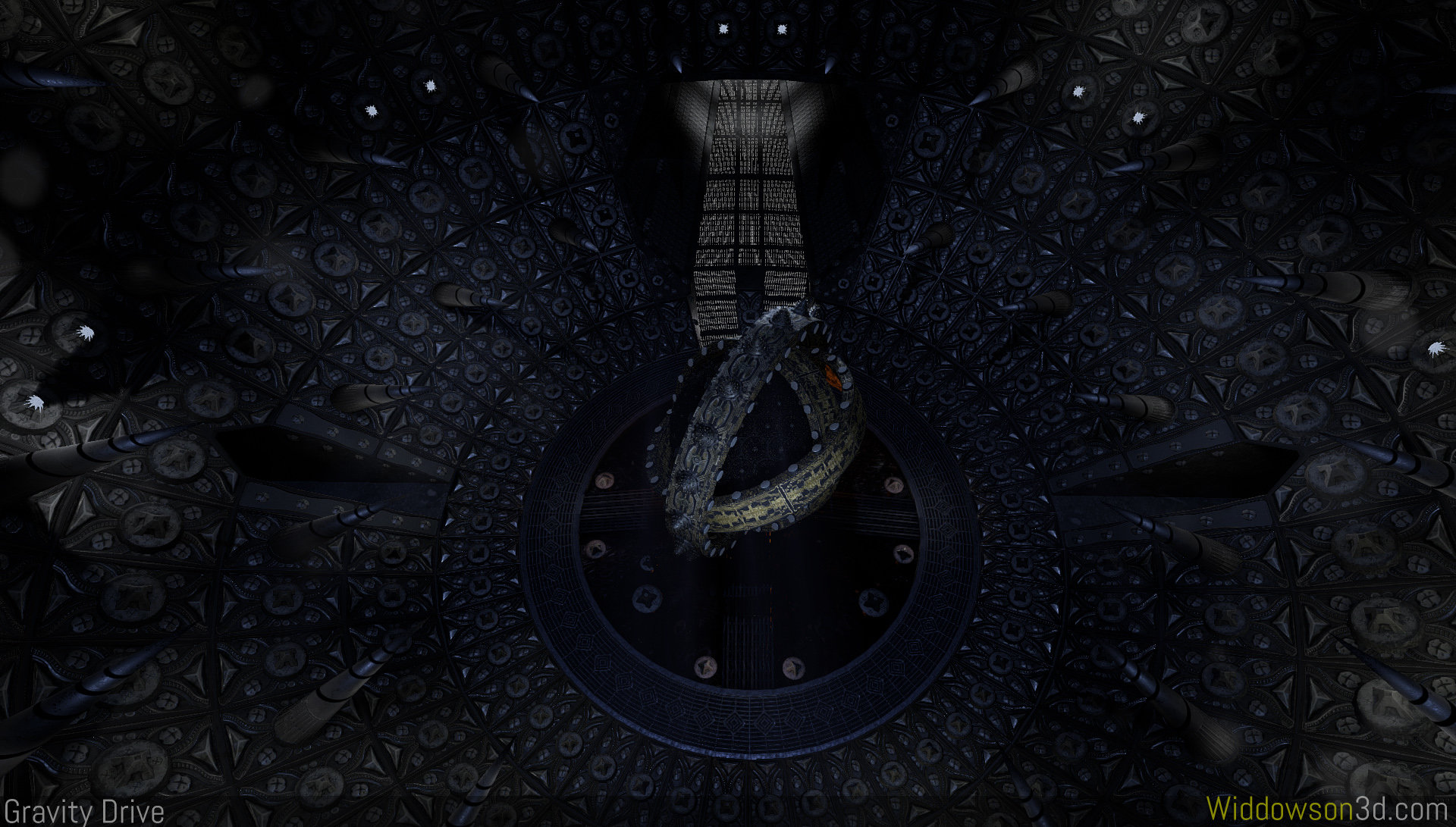Exploring The Gravity Drive Event Horizon: A Journey Beyond The Stars
Ever wondered what lies beyond the edge of our understanding? The gravity drive event horizon is a concept that could revolutionize space exploration as we know it. Imagine traveling faster than light, exploring distant galaxies, and unraveling the mysteries of the universe. This isn't just science fiction—it's the future of space travel.
Picture this: you're aboard a spacecraft, ready to embark on a journey that will redefine human capabilities. The gravity drive event horizon isn't just a buzzword; it's a groundbreaking concept that scientists and engineers are actively working on. This idea has the potential to transform how we perceive space travel and our place in the cosmos.
As we delve into this topic, you'll discover the science behind the gravity drive event horizon, its implications for interstellar travel, and the challenges we face in making it a reality. So buckle up and get ready to explore the frontier of human ambition and innovation.
- Latest Kannada Movies Streaming Trends What You Need To Know
- Subhashree Sahu Mms Leak Whats The Truth Scandal Update
What is the Gravity Drive Event Horizon?
The gravity drive event horizon is essentially the point of no return when it comes to manipulating gravitational forces for propulsion. It's like the edge of a black hole, but instead of consuming everything, it propels spacecraft at unimaginable speeds. Think about it like this: if you could harness the power of gravity to create a propulsion system, you'd be able to travel across the galaxy in a fraction of the time it currently takes.
Understanding Gravity Drive Technology
Gravity drive technology is still in its infancy, but the potential is mind-blowing. Imagine a spacecraft that doesn't rely on traditional fuel sources but instead uses the fabric of space-time itself to generate thrust. This technology could eliminate the need for massive fuel tanks and allow us to explore the farthest reaches of the universe.
Here are some key points to consider:
- Stream Movies Online Justwatch Vs Movierulz Find Your Faves
- Kannada Movies Watch The Best Online New Releases
- Gravity drives could theoretically allow for faster-than-light travel.
- The technology would drastically reduce the time needed for interstellar missions.
- It eliminates the need for large fuel reserves, making spacecraft more efficient and compact.
The Science Behind the Gravity Drive Event Horizon
Now let's dive into the science. The gravity drive event horizon is rooted in Einstein's theory of general relativity. According to this theory, massive objects like stars and planets warp the fabric of space-time, creating gravitational fields. By manipulating these fields, scientists believe it might be possible to create a propulsion system that can bend space-time to our advantage.
How Does It Work?
The basic idea is to create a "warp bubble" around a spacecraft. This bubble would compress space in front of the ship and expand it behind, effectively allowing the ship to "surf" through space-time. The event horizon in this context refers to the boundary of this warp bubble, where the effects of gravity are most intense.
Here's a breakdown of the process:
- Create a localized distortion in space-time using advanced materials or energy fields.
- Compress space in front of the spacecraft and expand it behind, generating thrust.
- Maintain the integrity of the warp bubble to ensure safe and stable travel.
Implications for Interstellar Travel
The gravity drive event horizon could revolutionize interstellar travel. Currently, even the fastest spacecraft would take tens of thousands of years to reach the nearest star system. With gravity drive technology, we could cut that time down to mere decades—or even years. This would open up countless possibilities for exploration, colonization, and scientific discovery.
Exploring New Worlds
Imagine sending missions to explore exoplanets in distant star systems. With the gravity drive event horizon, we could study these worlds up close, search for signs of life, and even establish human colonies. The implications for humanity's future are staggering.
Challenges and Obstacles
Of course, there are significant challenges to overcome before the gravity drive event horizon becomes a reality. Scientists need to figure out how to generate and sustain the massive amounts of energy required to create a warp bubble. Additionally, there are concerns about the safety and stability of such a system.
Energy Requirements
One of the biggest hurdles is the sheer amount of energy needed. Current estimates suggest that it would require more energy than humanity has ever produced. However, researchers are exploring innovative solutions, such as harnessing dark energy or using advanced materials to amplify gravitational effects.
Current Research and Development
Several research teams around the world are actively working on gravity drive technology. NASA's Eagleworks Laboratories, for example, has been conducting experiments to test the feasibility of warp drives. While progress has been slow, each step forward brings us closer to realizing this incredible vision.
Breakthroughs in Material Science
Advances in material science are playing a crucial role in this research. Scientists are developing exotic materials that could potentially manipulate gravitational fields. These materials might hold the key to creating a stable and efficient gravity drive system.
Potential Applications Beyond Space Travel
The gravity drive event horizon isn't just about space exploration. This technology could have numerous applications here on Earth as well. For instance, it could revolutionize transportation by enabling faster and more efficient modes of travel. Imagine flying from one side of the planet to the other in a matter of hours—or even minutes.
Revolutionizing Energy Production
Another exciting possibility is the use of gravity drive technology to generate clean, renewable energy. By harnessing the power of gravitational fields, we could create a sustainable energy source that would transform the global energy landscape.
Environmental and Ethical Considerations
As with any groundbreaking technology, there are environmental and ethical considerations to take into account. The development of gravity drive technology must be approached with caution to ensure it doesn't have unintended consequences. Scientists and policymakers need to work together to establish guidelines and regulations for its use.
Ensuring Responsible Use
It's essential to prioritize sustainability and ethical responsibility when developing gravity drive technology. This includes minimizing environmental impact, ensuring equitable access to the technology, and addressing potential risks to human safety.
Conclusion: The Future Awaits
In conclusion, the gravity drive event horizon represents a leap forward in our quest to explore the universe. While there are challenges to overcome, the potential benefits are immense. From interstellar travel to revolutionary advancements on Earth, this technology could change the course of human history.
So what can you do? Start by educating yourself about the latest developments in gravity drive research. Share this article with others who are passionate about space exploration. And most importantly, keep dreaming big. The future is out there, waiting for us to reach it.
Now it's your turn—what are your thoughts on the gravity drive event horizon? Leave a comment below and let's continue the conversation. Together, we can push the boundaries of human achievement and explore the unknown.
Table of Contents
Article Recommendations
- Best Way To Watch Telugu Movies Online 20232025 Guide
- Movierulz Piracy Risks Legal Alternatives 2024 Guide



Detail Author:
- Name : Lola Schiller
- Username : hettinger.brendan
- Email : theodore14@parisian.biz
- Birthdate : 1982-01-04
- Address : 46343 Kuhlman Station Sawaynfurt, NY 14284-8663
- Phone : +1-360-667-5837
- Company : Stehr-Pfannerstill
- Job : Maintenance Worker
- Bio : Necessitatibus ipsum pariatur quaerat. Temporibus qui aut ex hic laboriosam expedita. Delectus enim et officia.
Socials
linkedin:
- url : https://linkedin.com/in/ulises_official
- username : ulises_official
- bio : Ea sit ea qui non sed sint.
- followers : 6420
- following : 2539
twitter:
- url : https://twitter.com/uliseskiehn
- username : uliseskiehn
- bio : Ex vero consequuntur autem. Laudantium est ut officia tempore aut corrupti. Ut iure sunt illo.
- followers : 3284
- following : 1126
tiktok:
- url : https://tiktok.com/@ulises_xx
- username : ulises_xx
- bio : Odio et ut commodi. Consequatur sit cum omnis dolor voluptas quidem cumque.
- followers : 1030
- following : 50